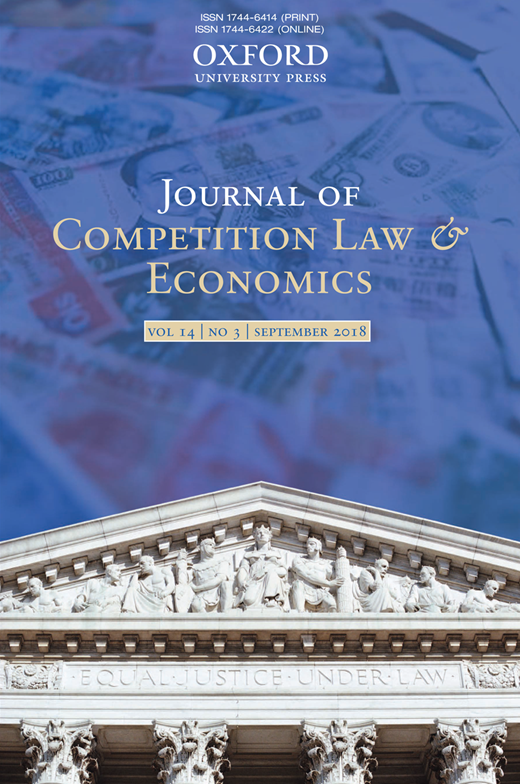gemeinsam mit Alexander Morell and Andreas Glöckner
Journal of Competition Law & Economics, vol. 11, issue 2, S. 431-461
DOI: 10.1093/joclec/nhv009 | Link | Download PDF
Competition policy often relies on the assumption of a rational consumer, although other models may better account for people’s decision-making behavior. In three experiments, we investigate the influence of loyalty rebates on consumers based on the alternative Cumulative Prospect Theory (CPT). CPT predicts that loyalty rebates could harm consumers by impeding rational switching from an incumbent to an outside option (for example, a market entrant). In a repeated trading task, participants decided whether or not to enter a loyalty rebate scheme and to continue buying within that scheme. Meeting the condition triggering the rebate was uncertain. Loyalty rebates considerably reduced the likelihood that participants switched to a higher-payoff outside option later. We conclude that loyalty rebates may inflict substantial harm on consumers and may have an underestimated potential to foreclose consumer markets. Our findings therefore provide additional arguments why a dominant firm using target rebates may monopolize a market or abuse its market power. They also provide arguments why target rebates may raise consumer protection concerns.
